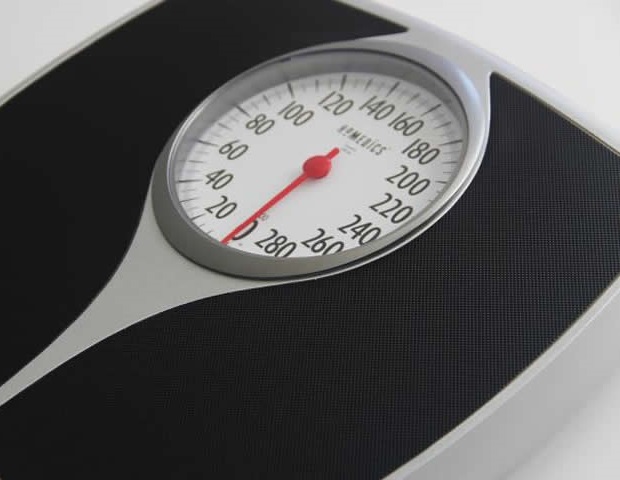Drastically cutting back on caloric intake to lose weight ahead of competition is commonplace among athletes. However, this type of 'dieting' doesn’t just diminish performances, it can also compromise their immune systems. These are the findings of a new study from the University of Copenhagen.
Whether selected to swim, row or run in the Olympics, or gearing up to ride in the Tour de France, achieving the 'right' weight has been a focal point of many elite athletes for decades. It could be to look lean and mean in a swimsuit or jersey, or to qualify for a certain weight category. But there is also a belief that losing weight enhances performance.

As such, it is a widespread phenomenon among athletes – especially in endurance sports like running, swimming, cycling and rowing – to reduce their dietary intake in the run-up to competition. It is particularly problematic among female endurance athletes. Many athletes focus heavily on weight in their respective sports.
Consequently, they tend to go into short-term, but intense periods of weight loss with the expectation of performing better." Professor Ylva Hellsten of the University of Copenhagen's Department of Nutrition, Exercise and Sports She and PhD student Jan Sommer Jeppesen are two of the researchers behind a new study on the effects of low energy availability among female athletes. "We know that the phenomenon of not eating enough is associated with many things that are harmful to health – including missed periods.























